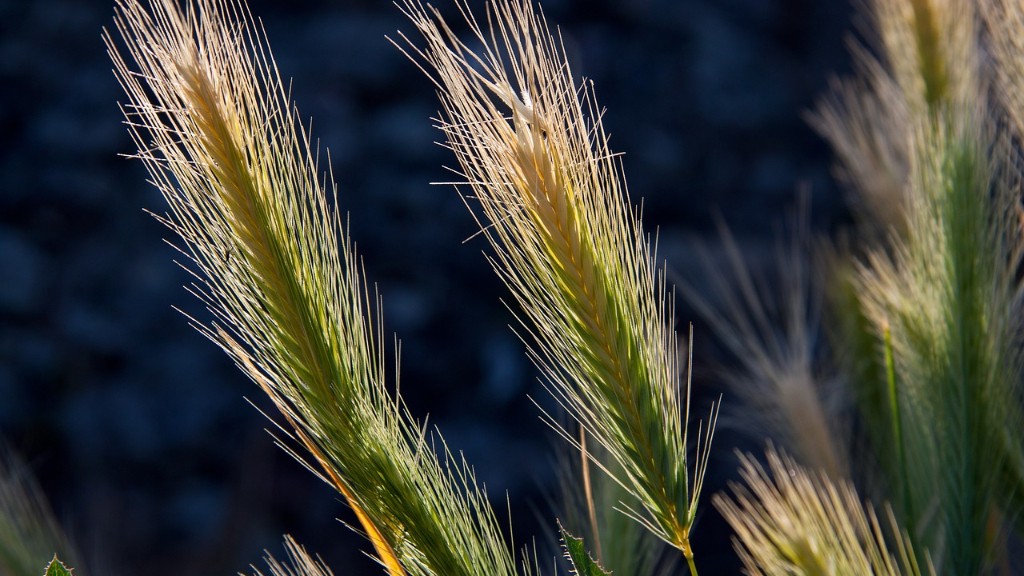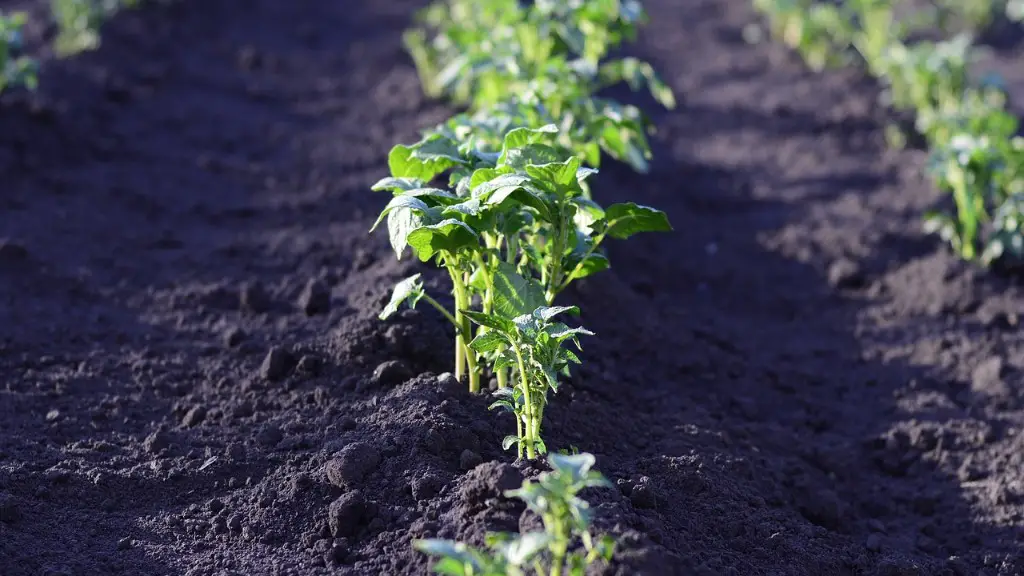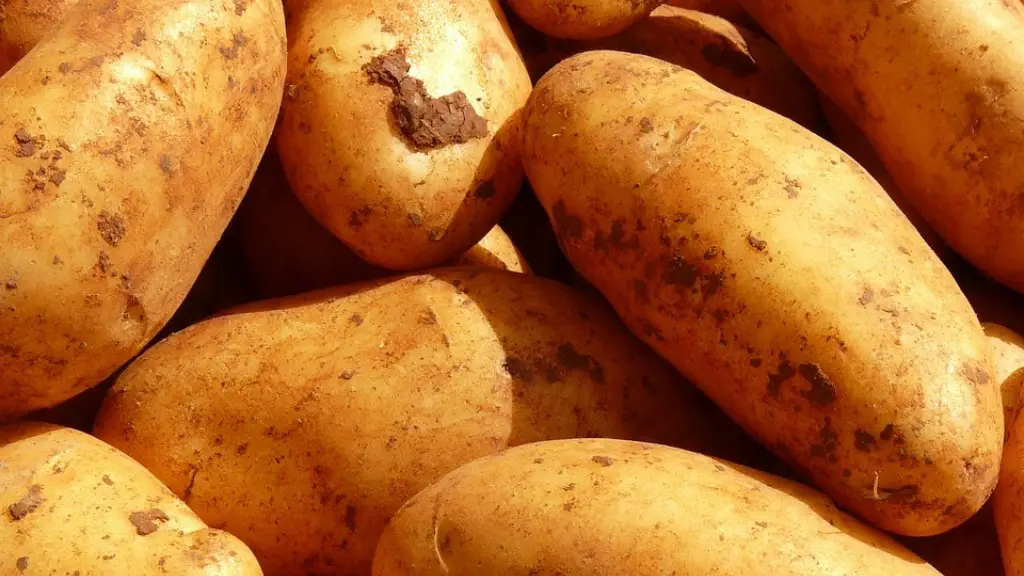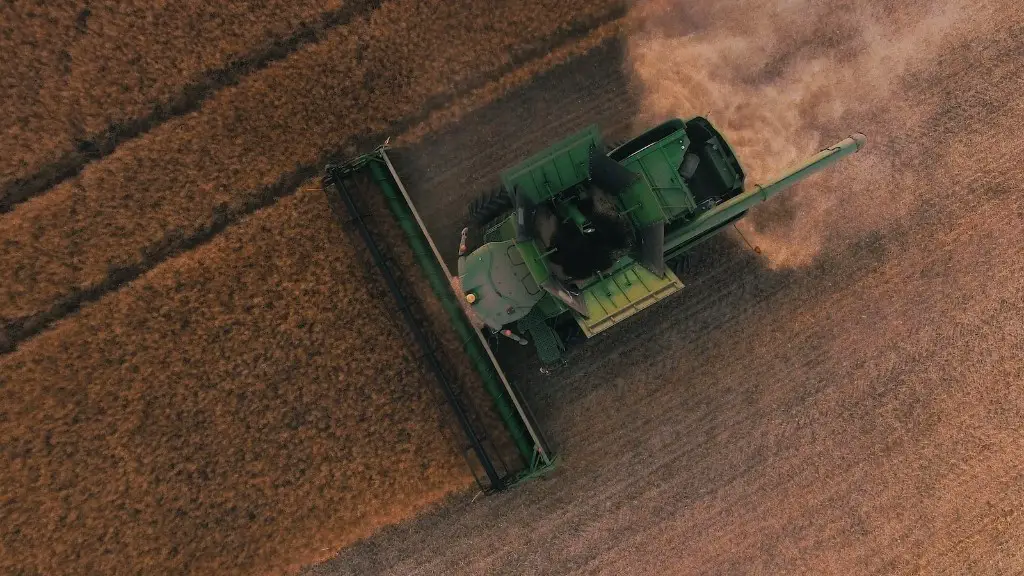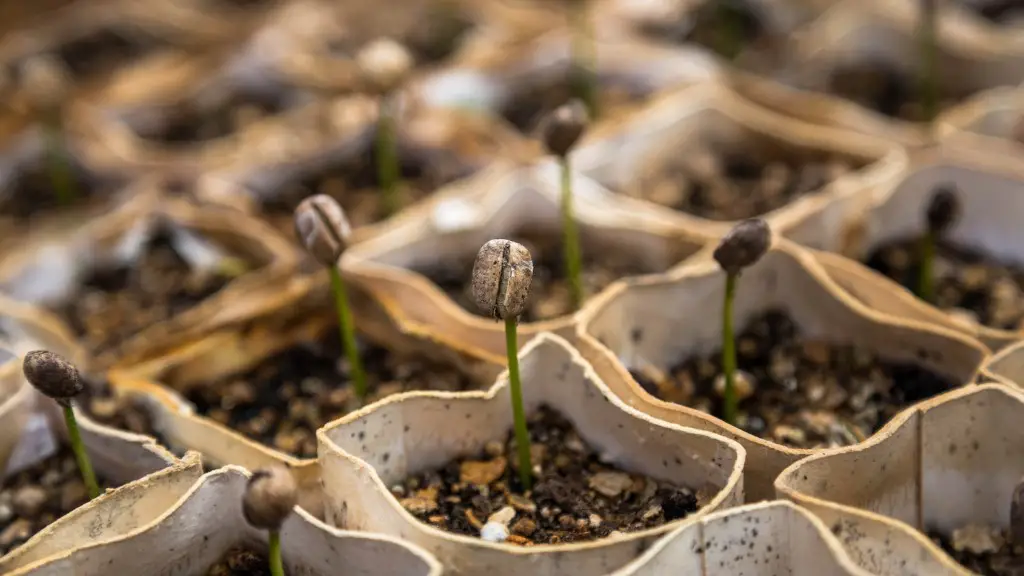South Africa is a country with a diverse economy, and agriculture is an important sector of that economy. Agriculture contributes to the economy in a number of ways, including through the production of food and other crops, the provision of employment opportunities, and the generation of export earnings. The agricultural sector also provides a range of non-food products, such as wool, honey, and flowers.
In 2017, agriculture accounted for 2.4% of South Africa’s GDP and employed 9.6% of the country’s workforce. The sector is a significant contributor to rural development and food security in South Africa. The country is a net exporter of agricultural products, with exports valued at R81.8 billion in 2017. The main agricultural exports are wine, fruit, nuts, wool, and mohair.
What is the contribution of agriculture to South African economy?
In 2021, agriculture had contributed around 247 percent to the GDP of South Africa, whereas industry and services had contributed 245 and 6302 percent of the total value added, respectively. This means that agriculture is still a significant part of the economy in South Africa, despite the fact that other sectors have grown more rapidly in recent years. The agricultural sector is important for employment and food security in the country, and so it is crucial that it continues to be supported.
The agricultural, food, and related industries are a vital part of the US economy, contributing a significant amount to the country’s gross domestic product (GDP). In 2021, these industries contributed roughly $1264 trillion to US GDP, accounting for 54 percent of the total. Of this sum, the output of America’s farms accounted for $1647 billion, or about 7 percent of US GDP. The agricultural, food, and related industries are a vital part of the US economy, and their contribution is essential to the country’s prosperity.
How important is agriculture in African economic development
Africa’s agricultural sector is of paramount importance to the continent’s economy. It provides employment for a large share of the population and contributes a significant portion of GDP and exports. Agriculture is a critical sector for Africa’s development and its importance cannot be overstated.
Agriculture’s percentage share in South Africa’s economy is relatively small and is constantly dropping as the latter expands and diversifies. Agriculture’s most important contribution is obviously that of providing employment. Each sector is differently affected by changes in agricultural production and prices.
Why is agriculture Africa’s most important economic activity?
Climate is a critical factor in Africa’s agricultural productivity. The continent’s agriculture is rain-fed, and therefore highly dependent on weather patterns. erratic rains, prolonged droughts, and extreme temperatures can all adversely affect crop yields and livestock health.
Africa is also particularly vulnerable to the effects of climate change. rising temperatures and changes in precipitation patterns are already having an impact on agriculture across the continent. With the majority of the population still reliant on agriculture for their livelihoods, the potential impacts of climate change on agriculture are of great concern.
There is an urgent need for adaptation measures to help Africa’s farmers cope with the changing climate. Investment in research and development is critical to develop new and improved agricultural practices that are more resilient to climate change.
Nigeria’s agricultural sector is the backbone of the country’s economy, employing around 70 percent of the labor force. The sector is responsible for the majority of the country’s livelihoods, and thus plays a vital role in the country’s development. Nigeria’s government has thus placed a strong emphasis on developing the agricultural sector, in order to improve the lives of its citizens.
What is the most important contribution of agriculture?
Agricultural development is essential for poverty reduction and economic growth in many countries. Despite significant progress in recent years, much more needs to be done to fully unlock the potential of agriculture and its contribution to overall economic development. Agricultural productivity needs to be increased, particularly in smallholder farming systems, and value chains need to be more inclusive so that farmers can benefit from economic opportunities along the value chain. In addition, agro-ecological approaches need to be promoted to make agriculture more sustainable and resilient to the challenges of climate change.
The agricultural sector is the backbone of the agro-based industries. The production and productivity of these industries are highly dependent on the agricultural sector. The growth of these industries is also linked to the agricultural sector.
What are 3 reasons why agriculture is important
Agriculture is one of the oldest and most important industries in the world. Here are 10 reasons why agriculture is so important:
1. It’s the main source of raw materials: Agriculture is the main source of raw materials for a variety of industries, including food, beverage, textile, paper, and pharmaceuticals.
2. It’s important to international trade: Agriculture is a major contributor to international trade. In 2015, agricultural exports totaled $1.39 trillion.
3. It plays a big role in a nation’s revenue: Agricultural products contribute to a nation’s revenue. In the United States, agriculture accounts for about 1.1% of GDP.
4. It provides employment: Agriculture provides employment for a large number of people. In the United States, agriculture accounts for about 2.6% of all jobs.
5. It’s crucial to a country’s development: Agriculture is crucial to a country’s development. In many developing countries, agriculture is the main source of income and foreign exchange.
6. It can help heal the environment: Agriculture can be used to help heal the environment. For example, agriculture can be used to restore degraded soils.
7. It goes hand-in-
It is clear that agriculture is a vital sector of the Kenyan economy, contributing a significant amount of the country’s GDP. KARI’s research indicates that the sector also provides a significant proportion of government revenue and export earnings. This highlights the importance of supporting the agricultural sector in Kenya in order to maintain a strong economy.
What is the contribution of agriculture in Africa?
Agriculture is critical to the African economy, employing 65-70 percent of the workforce and accounting for around a quarter of GDP. The sector is also vital for poverty reduction, supporting the livelihoods of 90 percent of the population. However, agriculture faces challenges such as low productivity, limited access to markets and inputs, and climate change. Increasing investment in agriculture, including through initiatives such as the Comprehensive Africa Agriculture Development Programme (CAADP), is therefore essential to boost growth and reduce poverty in Africa.
Though the agricultural sector only contributes an average of 15% to a country’s GDP, this number varies greatly from country to country. In some countries, such as Botswana and South Africa, the agricultural sector contributes less than 3% to GDP, while in others, such as Chad, it contributes more than 50%. This diversity in economic structure is reflective of the differing levels of development and differing priorities of countries around the world.
What does South African economy depend on
The forestry and fishing industries are also very important to the South African economy, providing significant employment opportunities and contributing to the export earnings of the country.
In the long term, the South Africa Balance of Trade is projected to trend around 100000 ZAR Million in 2024 and 3500000 ZAR Million in 2025, according to our econometric models. This would be a continuation of the trend seen in recent years, where South Africa has had a trade surplus for the past 5 years. The surplus is due to a combination of factors, including a diversified export base and strong demand for South African products in global markets.
What is the economic review of the South African agriculture?
The news of South Africa’s GDP growth is encouraging, particularly because it is driven in part by growth in the agriculture sector. This is good news for the country’s economy and its people. The continued growth of the mining sector is also a positive sign for South Africa’s economy.
The agricultural sector in South Africa is highly diversified, with production of all major grains (except rice), oil seeds, deciduous and subtropical fruits, sugar, citrus, wine, most vegetables, cattle, dairy, pigs, sheep, broilers, ostriches and eggs. The sector plays an important role in the country’s economy, contributing around 10% of GDP and employing over 13% of the workforce. The majority of farms in South Africa are small-scale, family-run operations.
Final Words
Agriculture contributes to the economy of South Africa in a number of ways. First, agriculture provides a livelihood for a large number of people in the country, both directly and indirectly. Second, agriculture is an important source of foreign exchange for South Africa, as the country exports a significant amount of agricultural products. Third, agriculture plays a role in food security, as it is a major source of food for the population. Finally, agriculture also contributes to the tourism industry in South Africa, as many visitors come to the country to see its scenic landscapes and to learn about its diverse culture and history.
The agriculture sector plays a vital role in the South African economy, contributing around 10% to the country’s GDP. The sector employs close to a million people, with the majority of workers being small-scale and subsistence farmers. The sector has also been a key driver of rural development, with many small towns and villages being sustained by the agricultural industry. In recent years, the South African government has been investing heavily in the agricultural sector, in an effort to boost growth and create jobs. This has included initiatives such as the establishment of the National Development Plan and the creation of an agricultural development bank.
